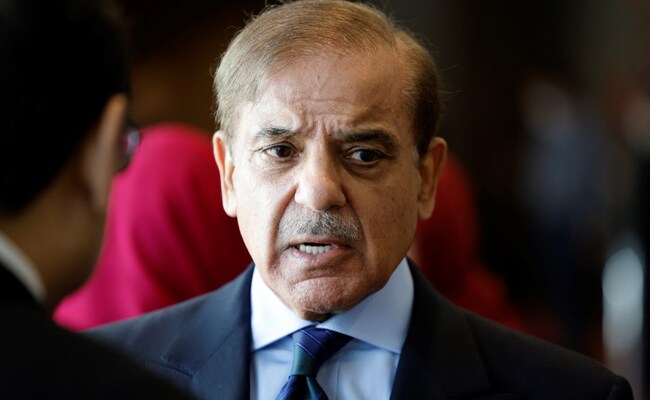According to Geo News, the International Monetary Fund (IMF) and the Government of Pakistan are unable to come to an agreement at the staff level because of their disagreement over the 900 billion rupee fiscal shortfall.
The IMF has calculated a wider deficit of almost 900 billion rupees, or about 1% of GDP (GDP).According to Geo News, the IMF has asked for a 1 percentage point increase in the Goods and Services Tax (GST) rate, from 17 to 18 percent, or the imposition of GST of 17 percent on Petroleum, Oil, and Lubricants (POL) products.
And in the meantime, Pakistan is fighting to close the primary deficit budget gap. The government of Pakistan has requested that the International Monetary Fund (IMF) incorporate a flow of decrease under the revised Circular Debt Management Plan (CDMP), decreasing the amount of required supplementary subsidies from 687 billion rupees to 605 billion.
As a result, the budget deficit was somewhere between 400 and 450 billion rupees.
As Geo News reports, top authorities have also denied that any negotiations took place with the IMF review mission regarding the signing of Pakistan Tehreek-e-Insaf (PTI) Chairman Imran Khan as a condition for resuming the Fund programme.
“During the technical stages of talks, Pakistan and the visiting IMF review mission still disagreed over the precise fiscal imbalance. The future mini-budget will reveal the new taxes measures once they have been negotiated with the IMF. Due to disagreements over the budget gap number, talks at the technical level will continue on Monday, and those at the policy level are scheduled to start on Tuesday “Saturday’s background conversations verified it, according to sources speaking to a small group of reporters.
It was reported that the administration had reached an agreement in principle with the IMF to eliminate electricity and gas tariff subsidies for the export-oriented sector.
According to Geo News, the official has stated that significant adjustments will be made to the exporters’ system.
Pakistani officials acknowledged that the country’s electrical grid was a big obstacle to their country’s smooth sailing goals.
However, Geo News noted that a continuing challenge was the circular debt in the gas industry.
The budget deficit for the current fiscal year is projected to reach 6.5 to 7 percent of gross domestic product due to the unanticipated increase in spending.
The government is also prepared to increase the Federal Excise Duty (FED) rate on cigarettes and sugary drinks from 13 to 17 percent, increase withholding tax rates on a property transaction, air travel abroad, and others, and impose a levy at the rate of 41 percent on windfall profits earned by the banking sector.
It was stated by Geo News that the IMF estimated the FBR would fall short by 130 billion rupees in its attempt to reach the objective of 7,470 billion rupees.
Also read:- A massive explosion in Quetta, Pakistan leaves many injured
By the end of the meetings on February 9, both sides should have reached an agreement at the staff level. In March of 2023, the IMF’s Executive Board will likely consider approving the following instalment.



)

